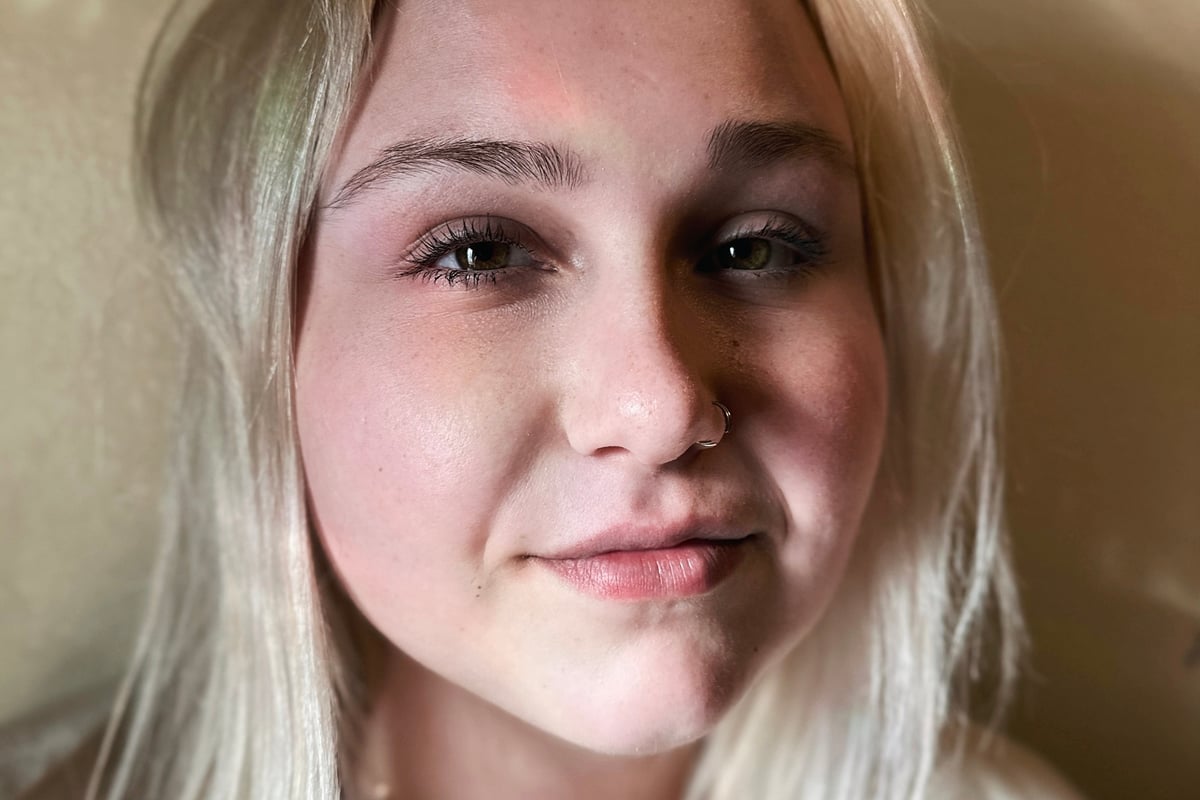
It's been two years since 41-year-old mum of three, Jacinta* had a drink.
"I was your typical 'mummy wine time' woman," she says, cringing slightly, "I'd get to dinner time, crack open a bottle of Shiraz and by the time the food was on the table I'd be on my second glass. This would be most nights. Your classic suburban cliché!"
Jacinta says that while she rarely consumed more than a few glasses on weeknights, the expectation among her friends was that on weekend get-togethers, the drinks would flow a lot more liberally.
"It wouldn't be unusual for a dinner party or night at the pub to include eight or more drinks," she explains.
"But as I got older, the alcohol wasn't agreeing with me, and the more I read about the risks to my health — both mental and physical — I realised it wasn't a sustainable way to keep going."
Jacinta quit drinking in 2022 and hasn't looked back — apart from those celebratory situations like weddings and birthdays where she says she really feels the pinch.
Recently, however, Jacinta — and many of her middle-aged cohort — have begun experimenting with psychedelics as an alternative.
"One of my friends is a researcher working on psilocybin treatment," explains Jacinta, "she's a bit of a hippy, so she has dabbled in all sorts, but a few months back she told us she'd been micro-dosing magic mushrooms a few days a week — and loved the feeling."
Watch: The growing number of mums microdosing on magic mushrooms. Post continues after video.